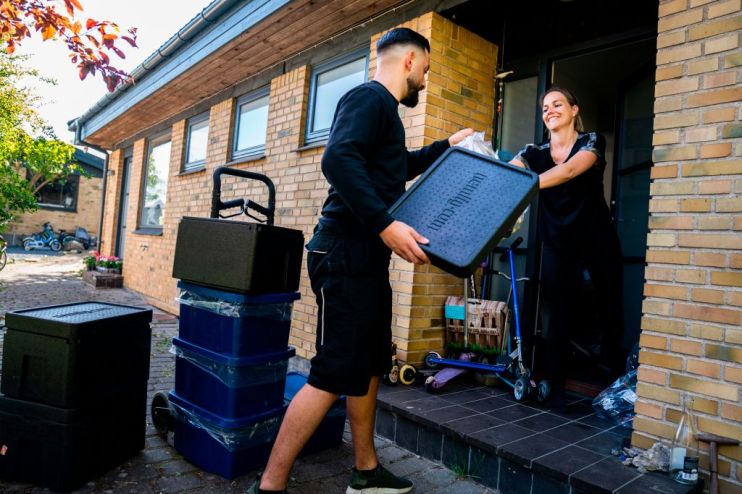Coronavirus: Digital is at the heart of SME recovery

Gary Turner is co-founder of Xero
Behind the sobering statistics around businesses in financial distress, thousands of SMEs are making radical changes to their working models through digitisation.
Businesses that have been traditional at the core are now discovering that digital processes offer far greater scalability and resilience, and as a result of Covid-19 I believe we’ll see a rapid and profound shift.
To survive, businesses will adapt to become increasingly digital at the core rather than at the edge, and traditional elements like people and place will move to exist as layers on top of the core. In this flip, people won’t lose their relevance, they just won’t be as central to the essential, everyday operations of a business.
Things change. Businesses change. Nintendo started out making playing cards, and Netflix rented out DVDs once upon a time. But now we are seeing that businesses have been forced to adapt to survive, and in the shortest time possible.
Local shopkeepers who preferred cash are now accepting contactless payment. Garage mechanics are moving online and going mobile. Food manufacturers who only sold goods to restaurants are using social media to seek new customers. These are the businesses who have been forced to think differently, and fast.
There are over 2 million small businesses around the world that use the Xero platform, and we’ve seen first-hand how they’ve adapted.
Take Toast Ale, a company that makes craft beer from surplus fresh bread and donates all profits to charity. The team was quick to overhaul its website so they could sell online. Previously, around 70% of their sales were from pubs, restaurants and events. However, taking their offering online has meant they are able to continue selling, directly to consumers. In doing so, they can still support those in need by funding meals.
Jules at Home, a village shop near Northampton, has moved all trading online since the pandemic – even expanding product ranges to meet demand for the increasing need for garden products. They are using e-commerce platform Shopify in its full capacity to support sales. They have been able to grow their business, finding new customers who have welcomed the broader product range on the new web shop. Going online has improved their cash flow, raised their profile locally and even made them question the need for a physical store at all.
Hotpod Yoga is another business that has shown its resilience. With franchises across the country, they had to close every single branch. Within just three days, they were offering virtual classes. This was no mean feat. All instructors had to be equipped with the right tools so they could stream from home. They developed a new brand in the process – Hotpod Home, to support customer demand. It’s proved to be so popular that they’ve decided to keep it as a permanent fixture.
These are incredibly difficult times we find ourselves in, that will continue to impact the business community in the years ahead. But, it’s been great to hear how some small businesses have shown their resilience. Digital tools like e-commerce apps, social media platforms and video streaming technologies have had a huge role to play in enabling them to act fast, and make the switch.
For many, this period is uncovering a radical new approach to work and to the running of your business, proving that faced with any situation, we can always find ways to adapt.